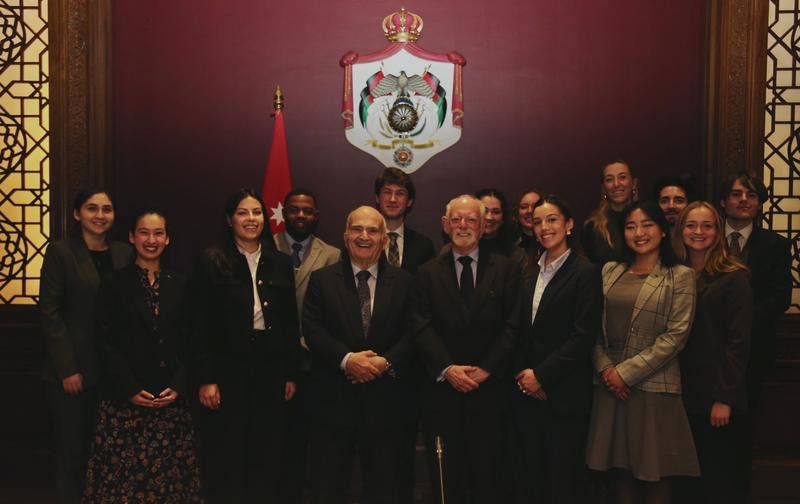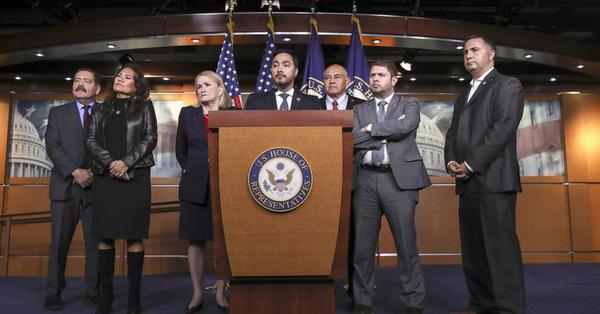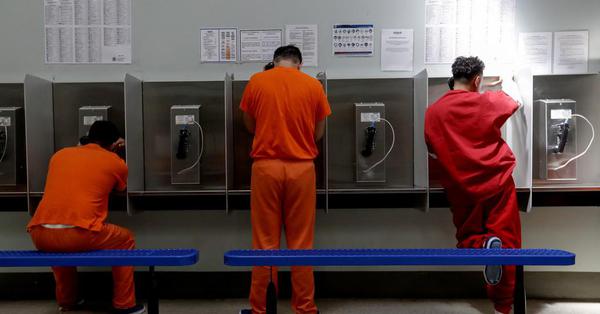

This year, the Johns Hopkins University School of Advanced International Studies Human Rights Law Clinic has investigated what international human rights law has to say about the right to safe, adequate, and accessible water. We have studied the situation in the Hashemite Kingdom of Jordan, because it is among the most water-deprived nations on Earth. During our visit to Amman in January, we were able to meet with key stakeholders inside and outside of government in Jordan, and we are immensely grateful for the cooperation we were offered by every single person we met. This Report, prepared by our students, following a brief explanation of our study goals, methodology, and limitations, is presented in five parts. We begin with a brief introduction to Jordan’s history, demographics, economy, and foreign relations, and a survey of relevant international legal instruments and institutions. We then present our research and observations with respect to four major questions: How serious is the problem of water scarcity in Jordan? How does water allocation affect disadvantaged groups? What internal barriers have impeded Jordan’s ability to address the problem, and what steps has it taken overcome them? And finally, how do applicable treaties and customary international law bear on the right to water, and how has Jordan worked with its neighbors to mitigate its water shortage?
Explore a featured selection of my reporting below.
























